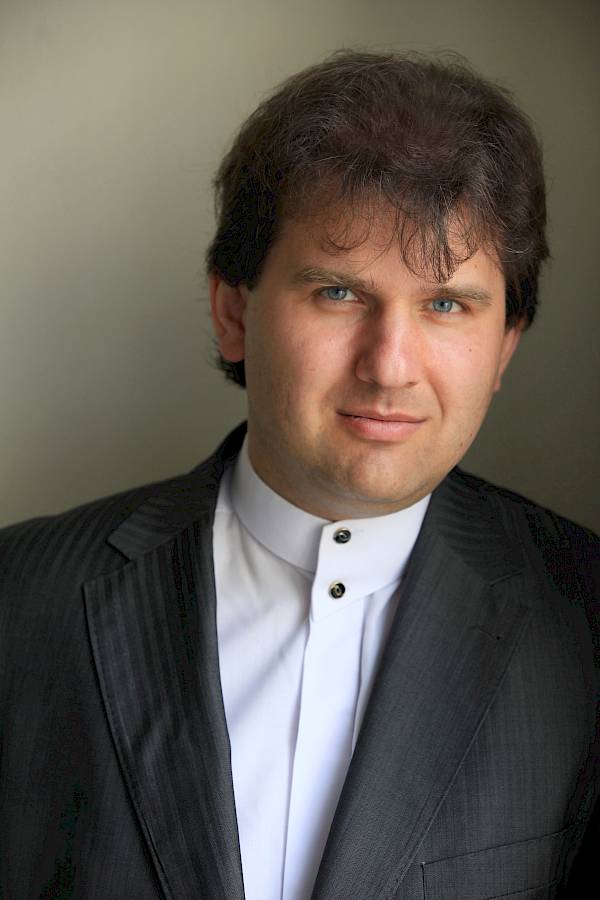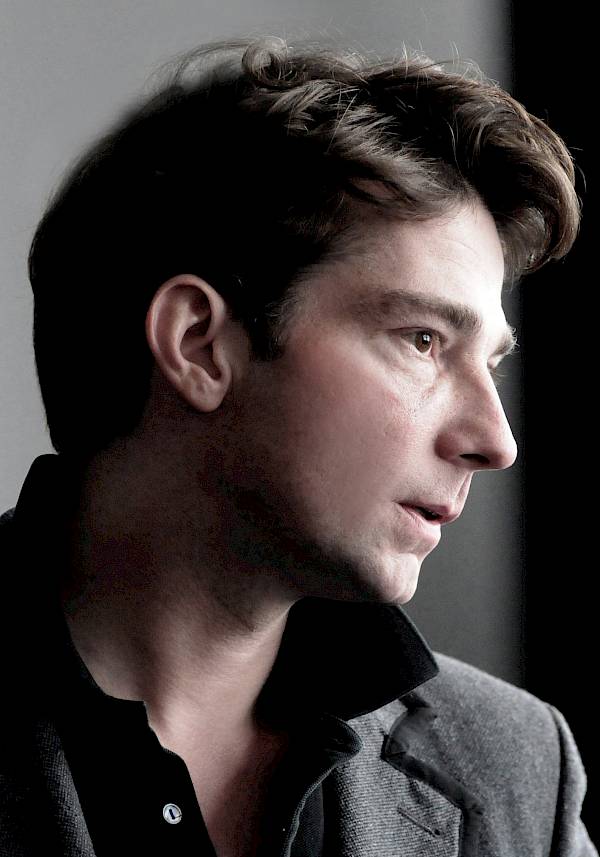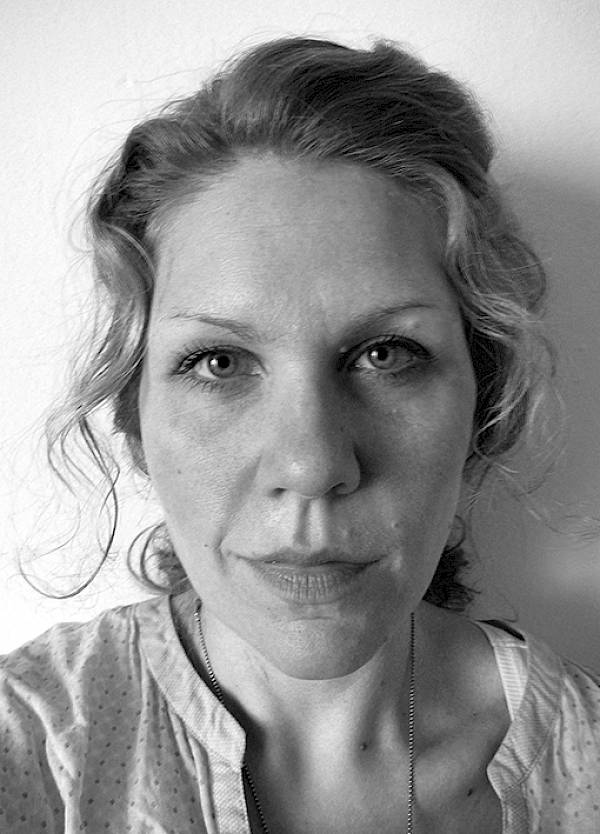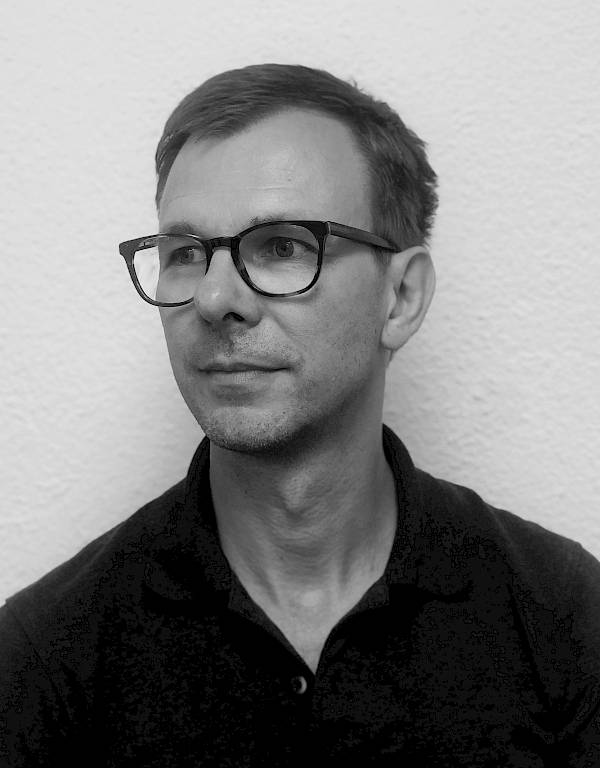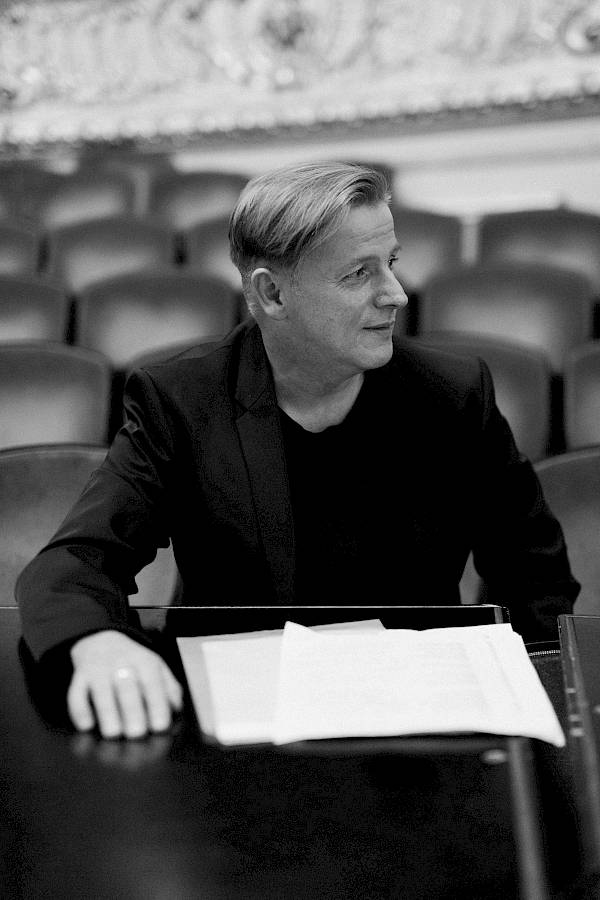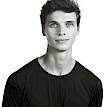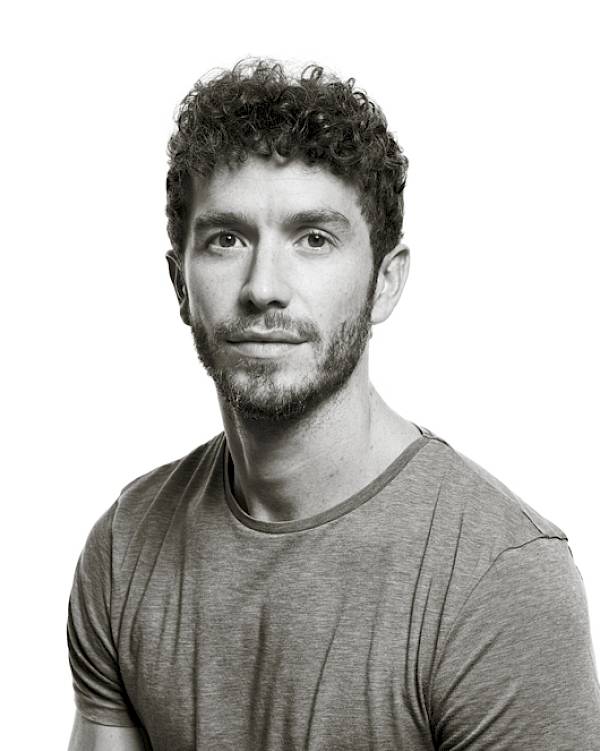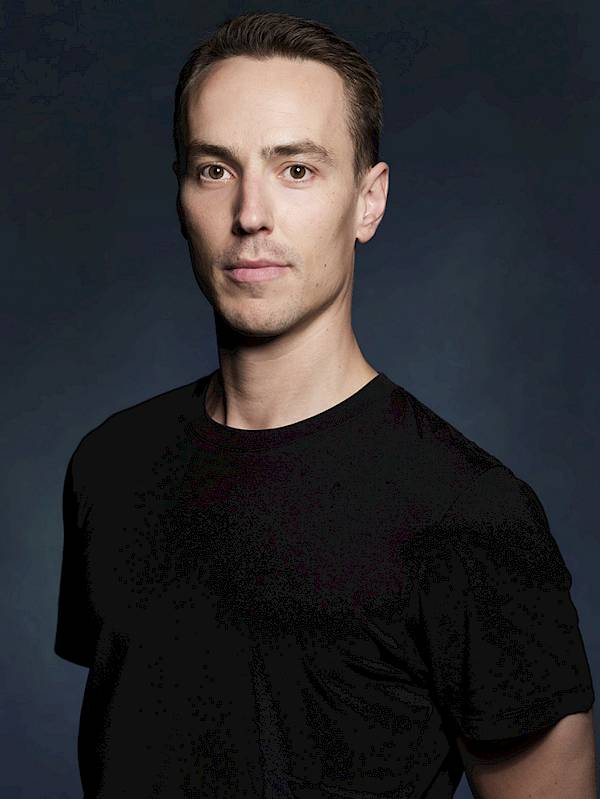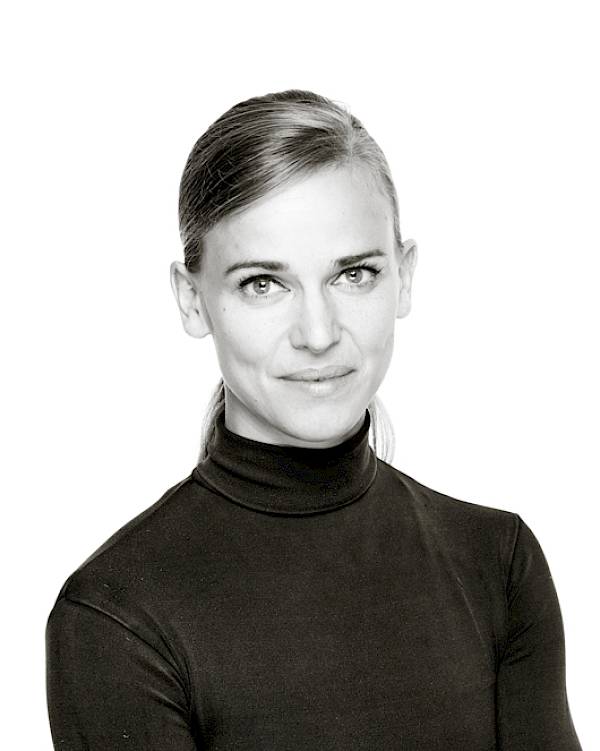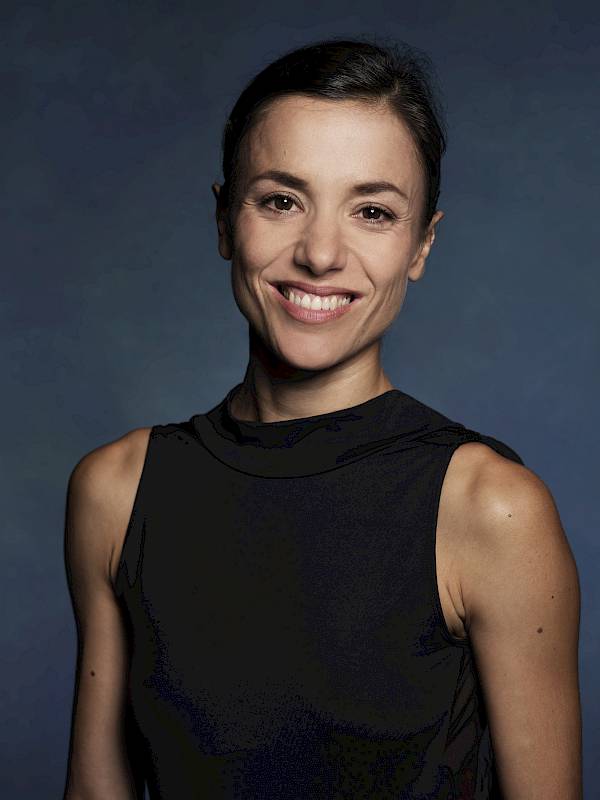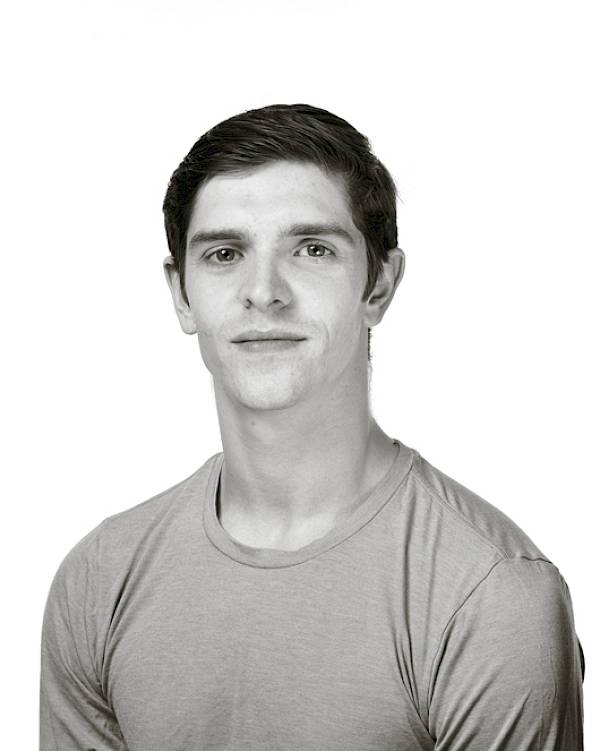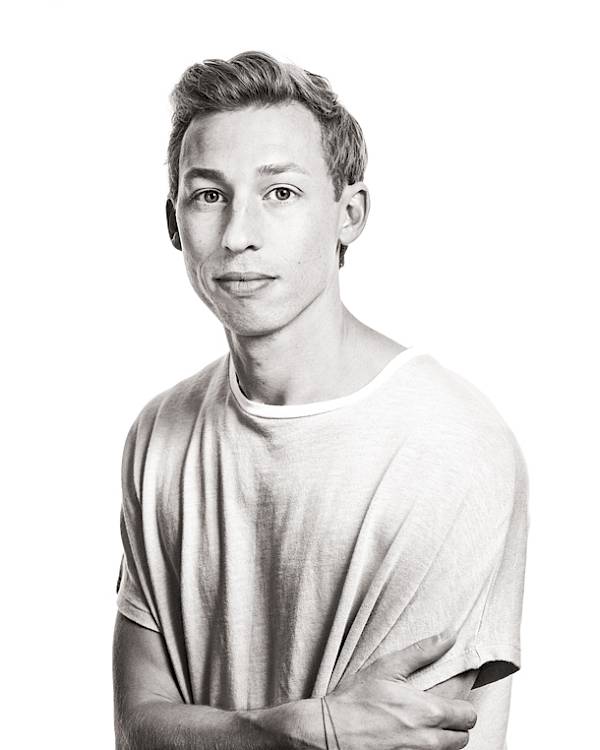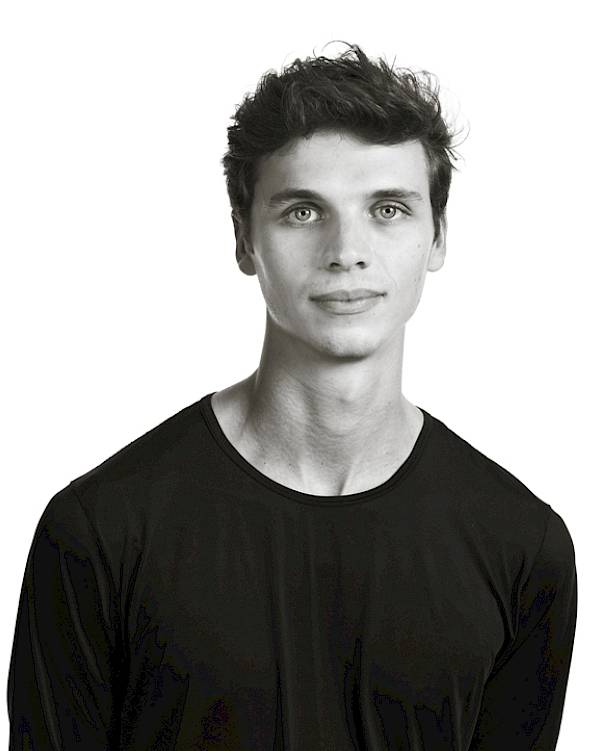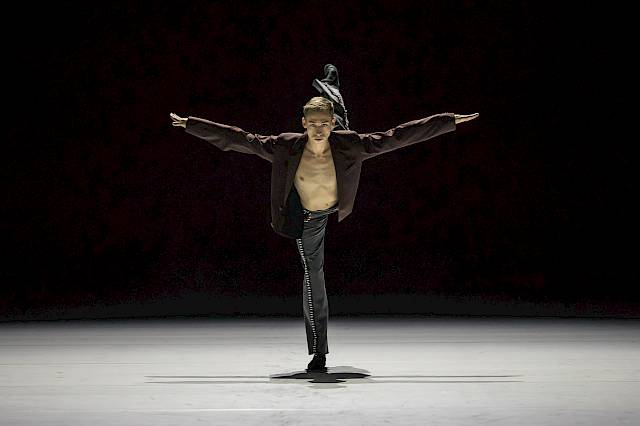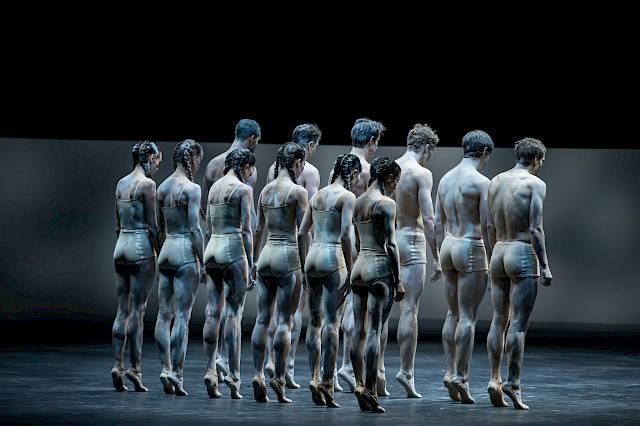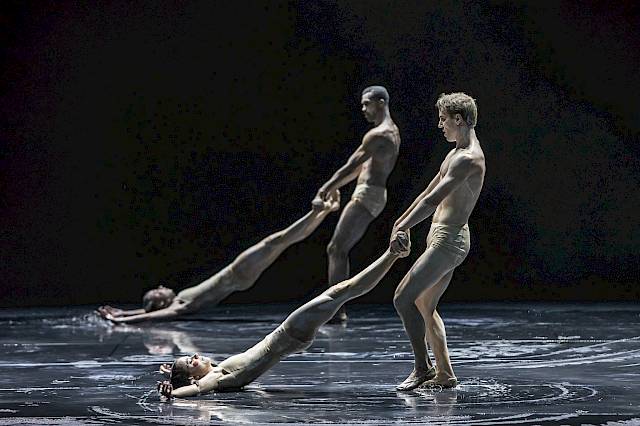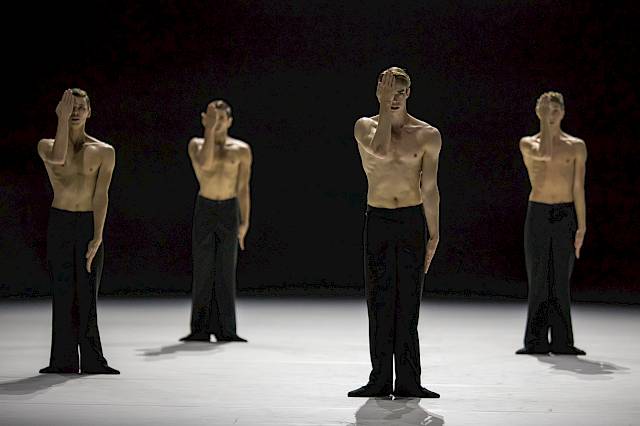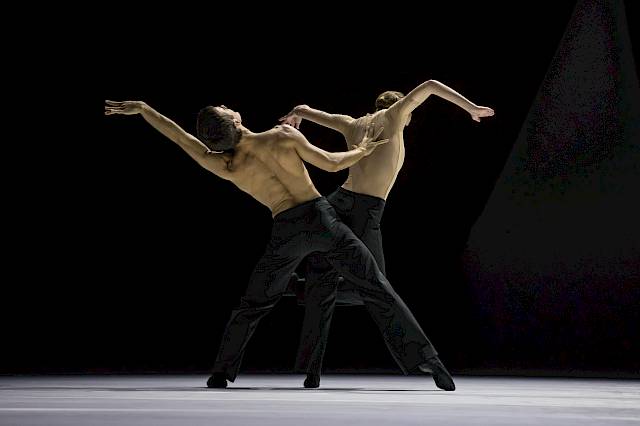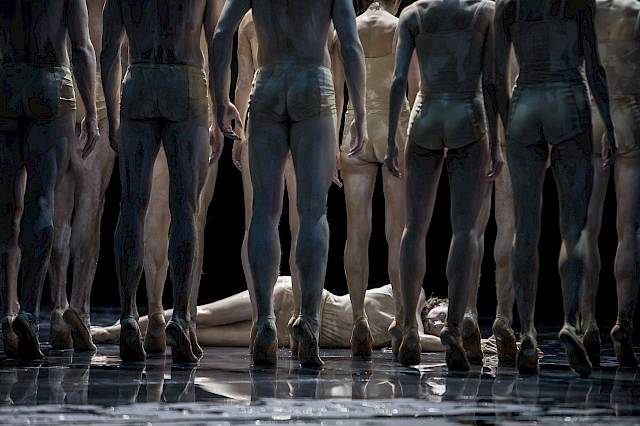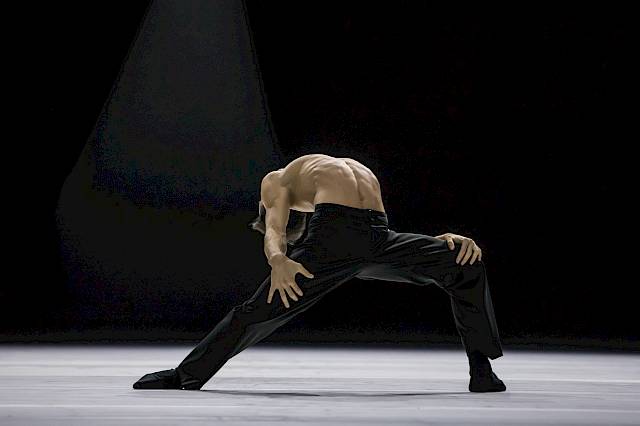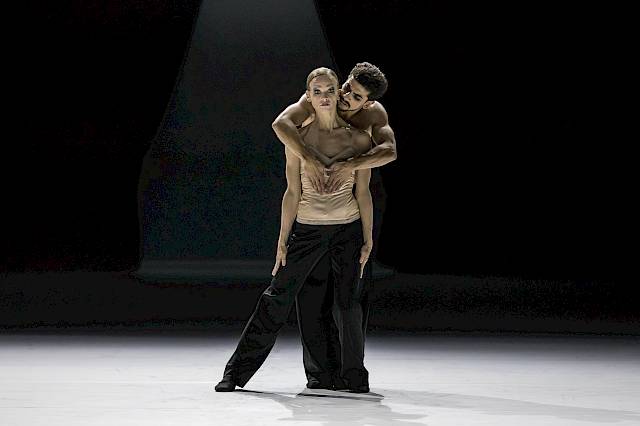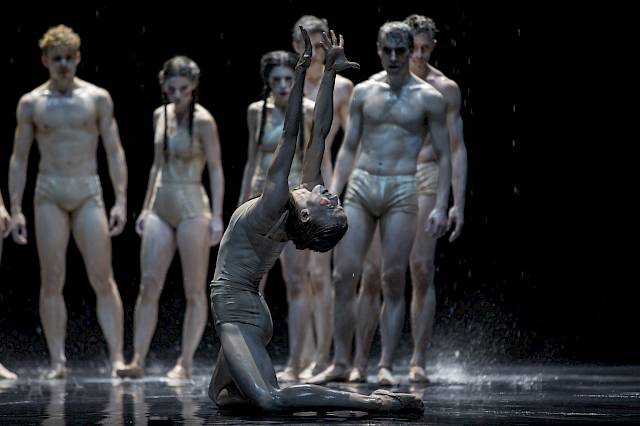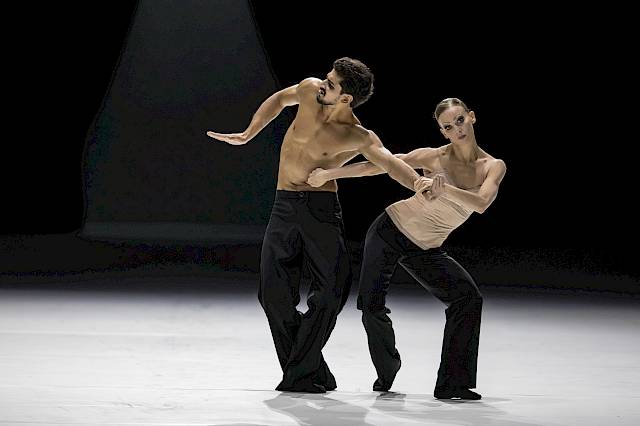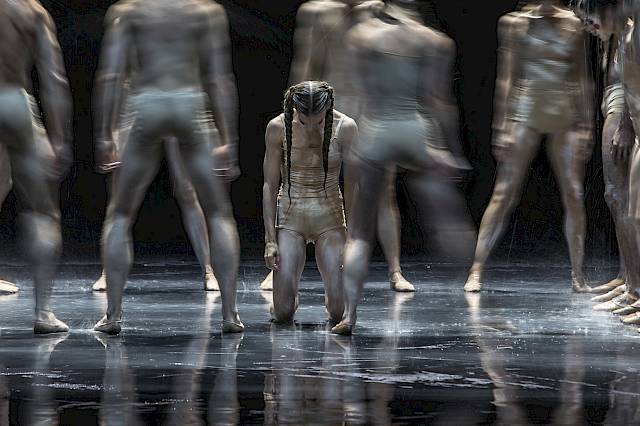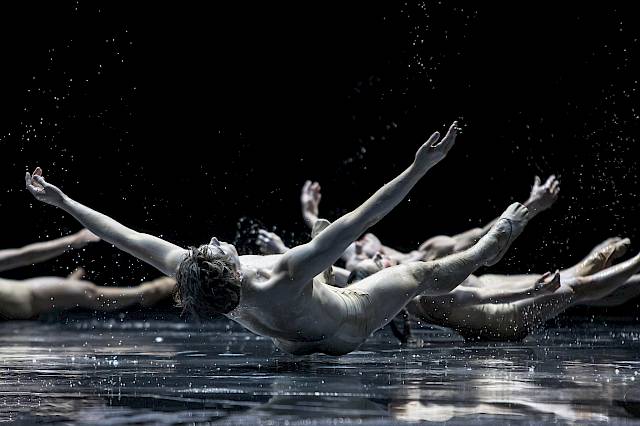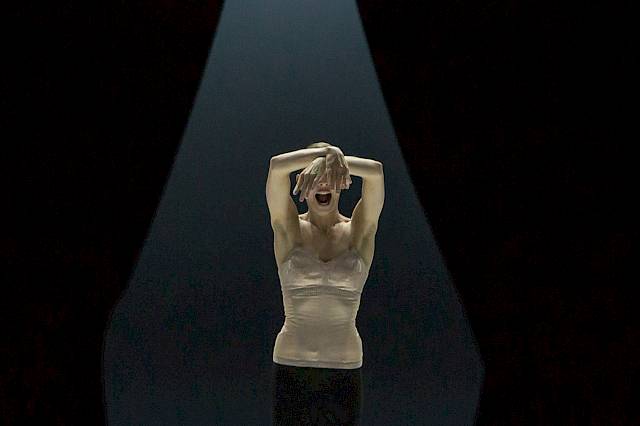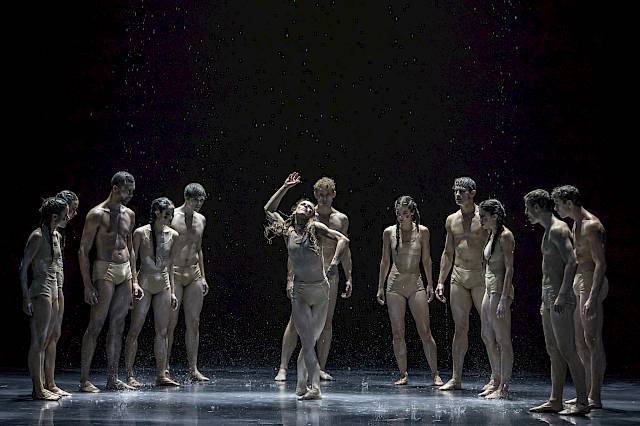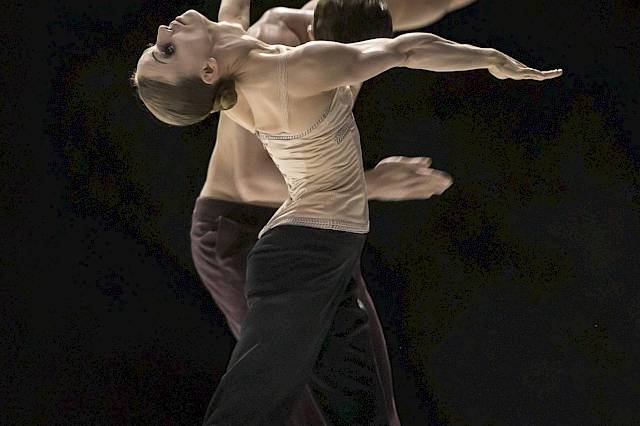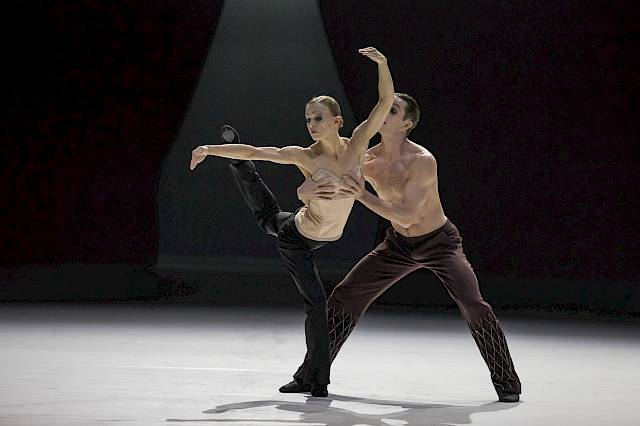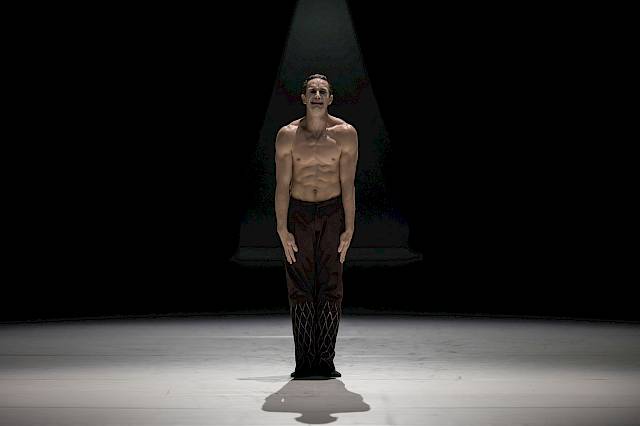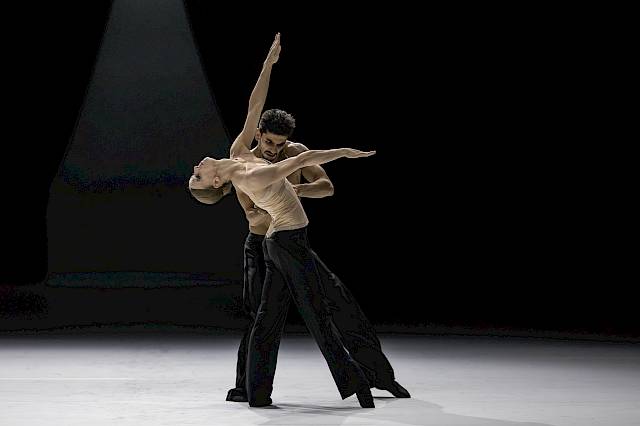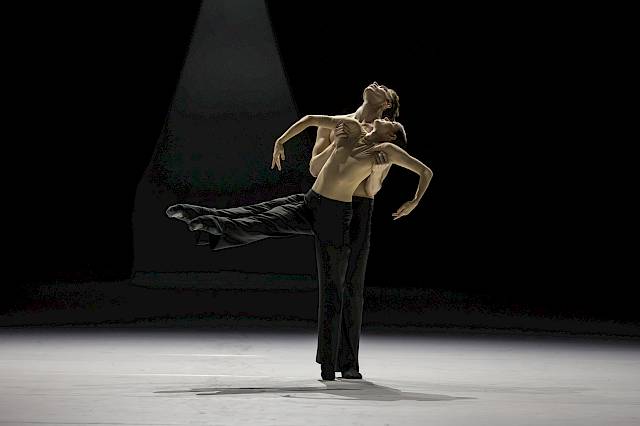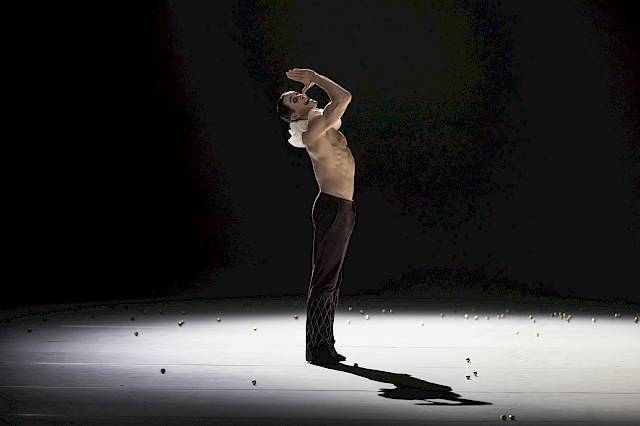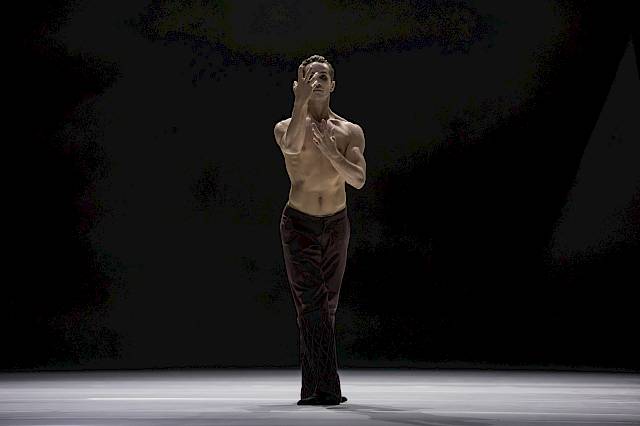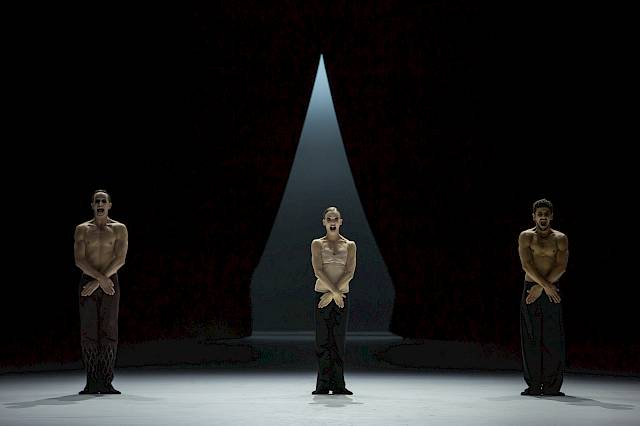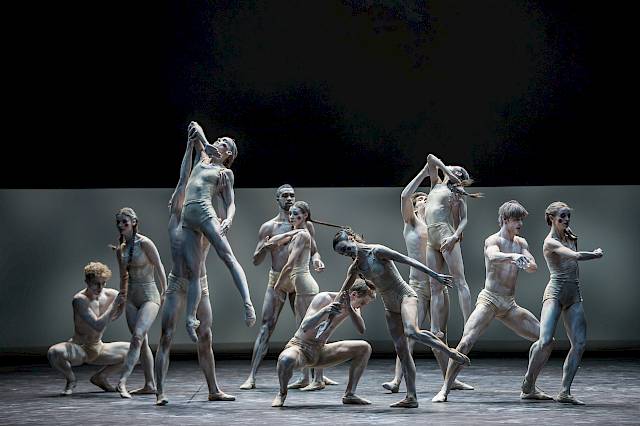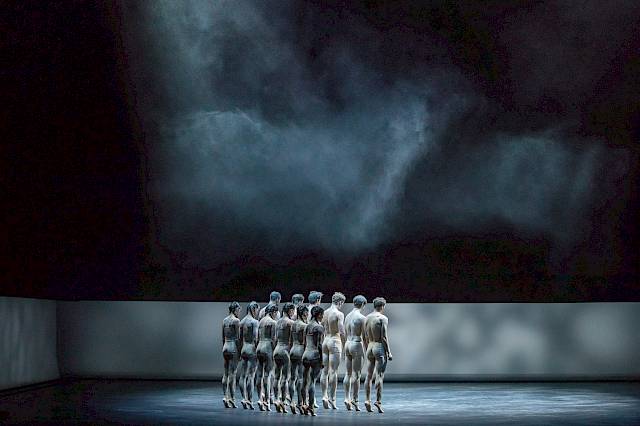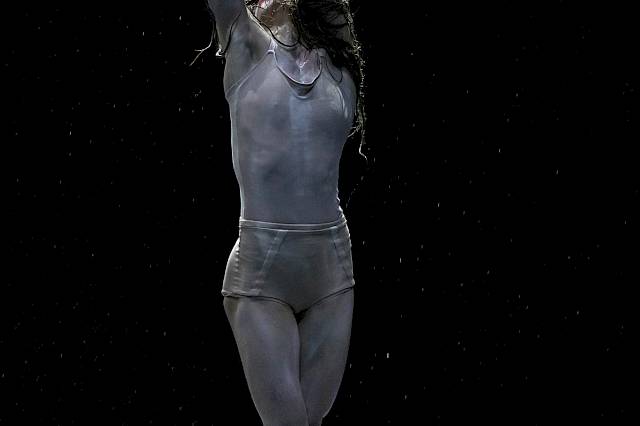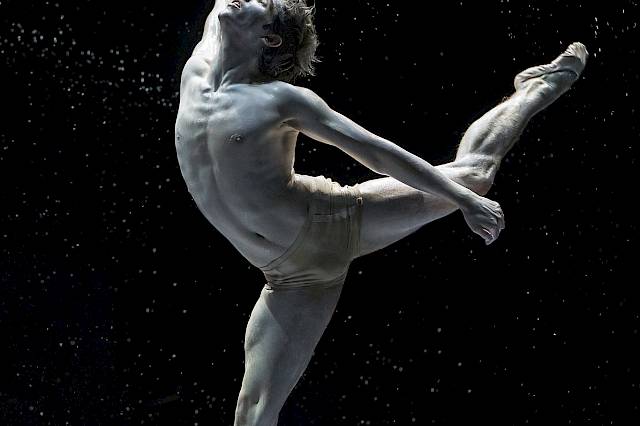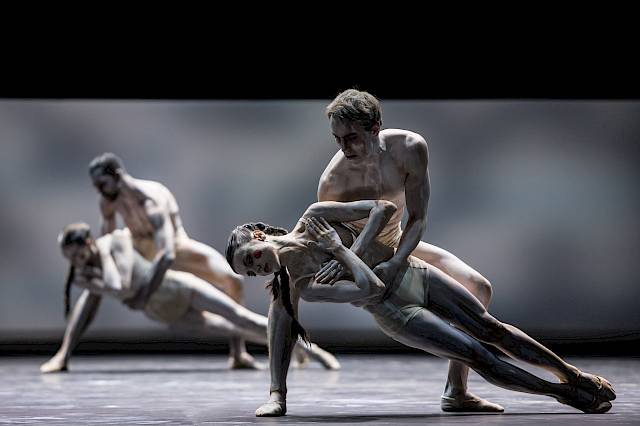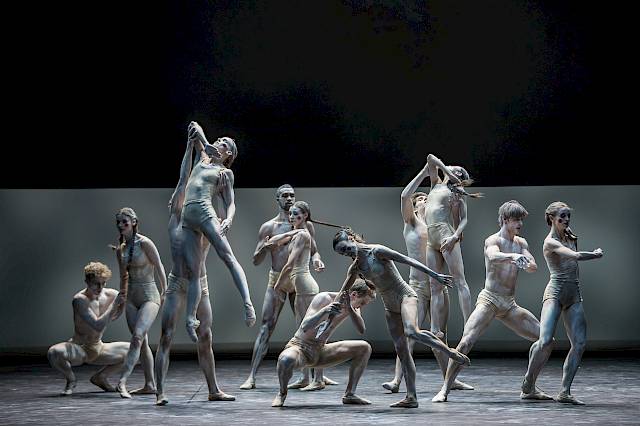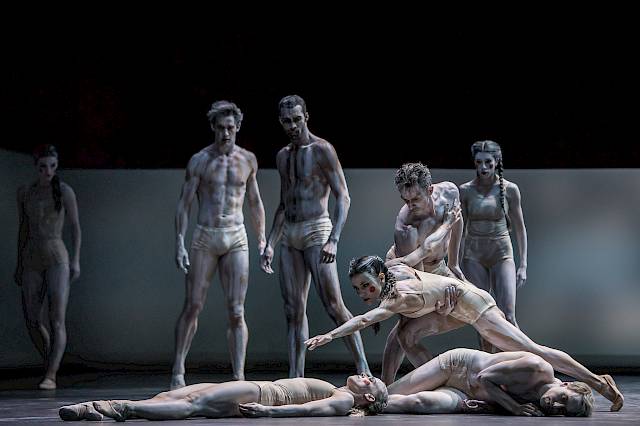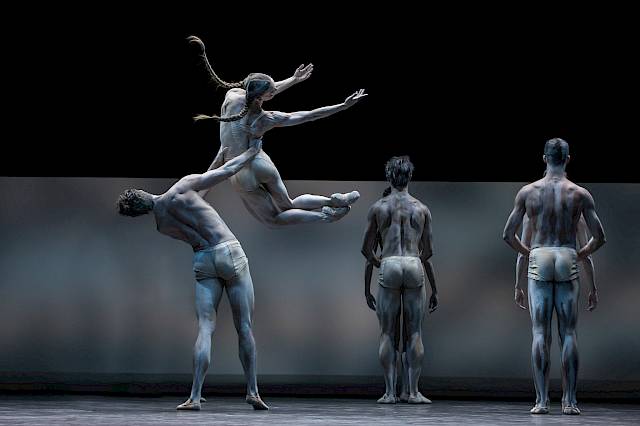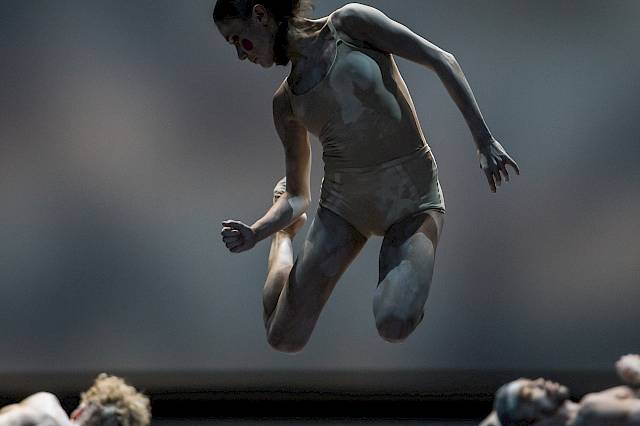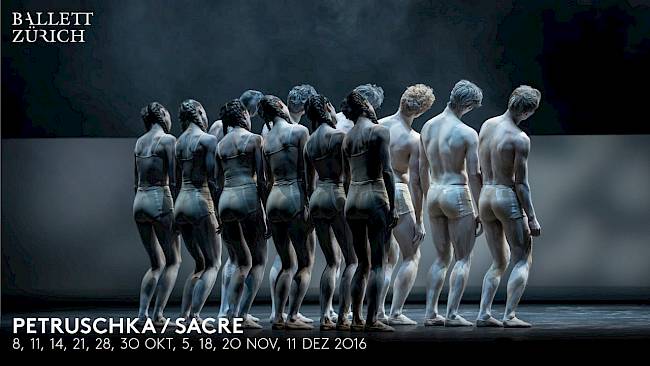Abstract
Founded by the Russian impresario Sergei Diaghilev, the Ballets russes ushered in the age of modern dance in Paris just over a century ago. With his ballets, Petruschka and Le Sacre du printemps, the young Igor Stravinsky opened up new musical horizons for dance. Our ballet evening combines exciting reinterpretations of these pioneering pieces by two of the most sought-after choreographers of our time.
In Petruschka, the three puppets of a travelling entertainer are eerily brought to life. The sensitive, unprepossessing harlequin Petruschka falls for the vain ballerina, who, however, chooses the strapping moor. In his unique physical idiom, Marco Goecke – who was voted “Choreographer of the Year” in 2015 by tanz magazine – focuses on the dancers’ upper bodies and arms. In his version of Petruschka, he is not interested in Russian funfair folklore, but makes the existential tragedy of the story come alive in abstract, poetic images. The strongly personal musicality of his choreography enters into a breathtakingly charged relationship with the fast-paced score.
Le Sacre du printemps, which provoked one of the greatest theatrical scandals of the 20th century at its première, by portraying a rite of spring in pre-Christian Russia, brings an act of violence onto the stage. In an archaic ritual, a woman is sacrificed to the god of fertility in order to conciliate the forces of nature. The highly topical subject matter has repeatedly challenged choreographers to new interpretations. Inspired by Vaslav Nijinsky’s première version of 1913, the Slovenian choreographer Edward Clug adopts a contemporary approach to the work. By confronting the dancers with the element of water in a spectacular way, he places the human being as a plaything and servant of nature at the centre of his disturbing interpretation.



